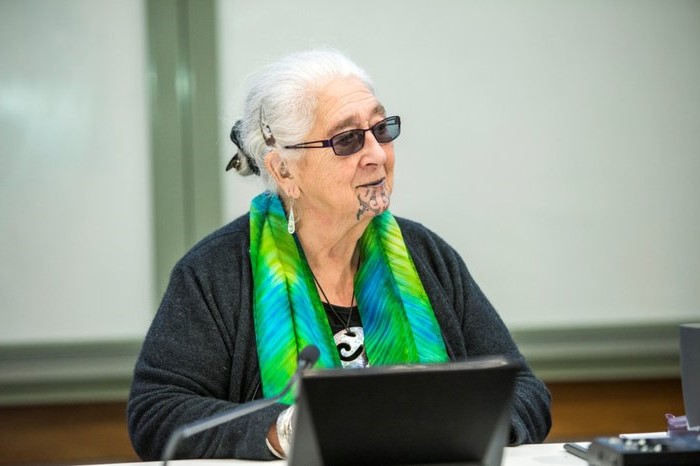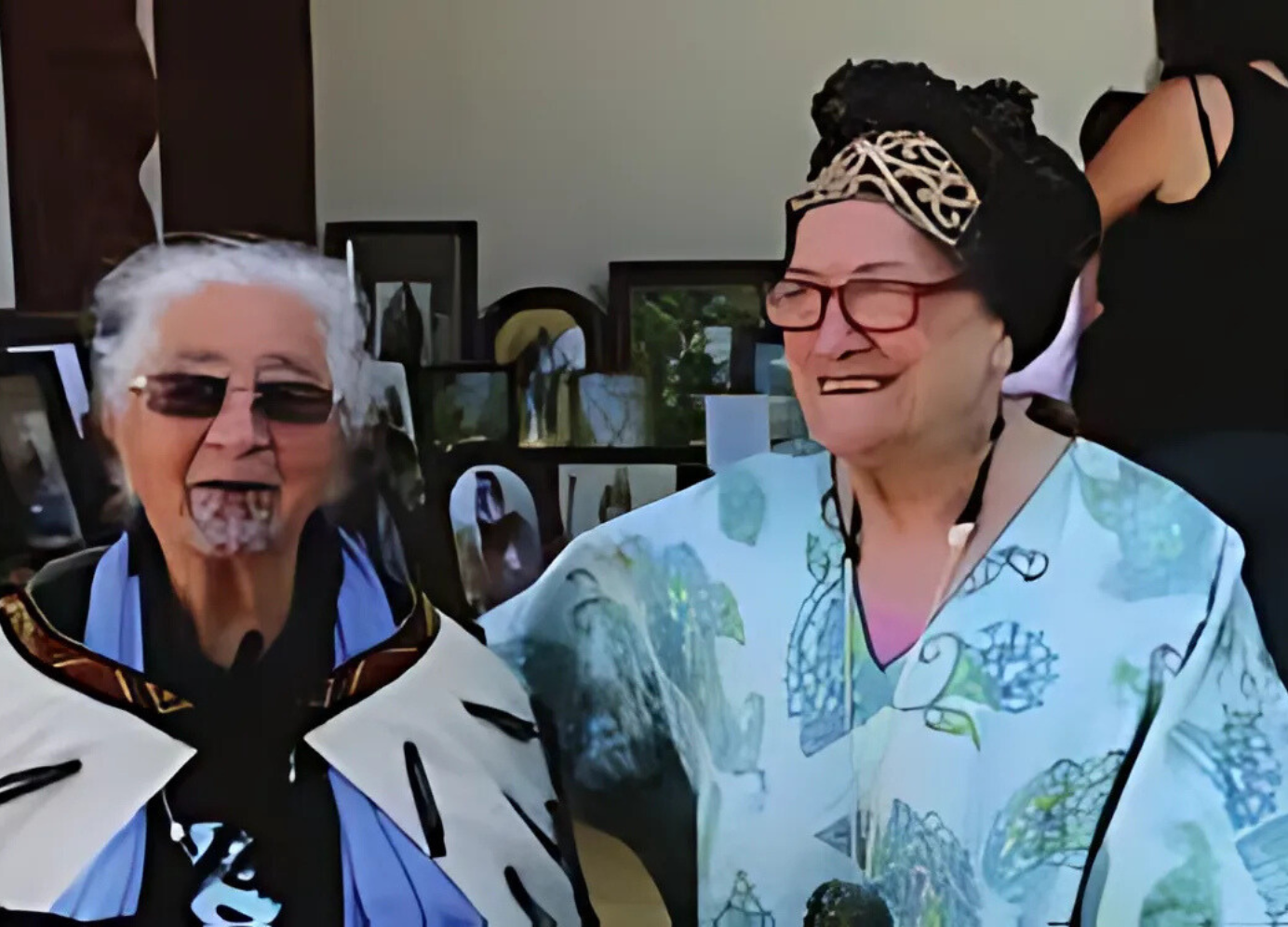
‘Dream a dream, and you will gett here, but it won’t come without hard work. If the world supports each other, it would be a better place.
Did you know that one of the Peace Foundation NZ’s patrons is Pauline Tangiora? Pauline is a respected Māori elder of Ngāti Rongomaiwahine, on the East Coast. Now, Pauline lives a slower and quieter life in Mahia, however, her life has been anything but slow and quiet.
Throughout her life, Pauline has been a voice for the environment, youth, prisoners, Māori language revitalization, Treaty of Waitangi claims, peace, a nuclear-free world and restoring the rights of indigenous peoples. Her commitment to speaking out and action is expressed beautifully in her 1997 peace prayer.
Twilight comes, hush time, quiet in meditation; such it is that Mother Earth in all her gaiety seeks a world of wonderful beauty and peace. This beauty manifests itself deep within our soul and in our inner most spirit we nourish the understanding of peace. Those around us feel a gentle breeze whispering as it brushes the leaves. Peace comes not from contemplation but from action. Let us be the protagonist, the Creators creators. We must see in each a star and to enable that star to shine. The world to be at peace, peace in hand and hand with justice.
This commitment to action, resulted in an astoundingly busy life. As a young adult, Pauline became involved in the anti-Vietnam War protests, recognising the senselessness of armed conflict and unnecessary loss of life. This led to a lifelong desire to create a more peaceful world and ban nuclear testing and weapons. At home, she became increasingly concerned about the welfare of prisoners, noting with sadness the high number of Māori men, sometimes whānau. With others, she visited with kai, promoted books in prisons and corresponding with prisoners. For over 40 years she has campaigned for better prison conditions, a fairer justice system and alternative programmes.
As a child of a Pākehā mother and Māori father, Pauline observed and felt the injustice of racial discrimination. In a 2003 interview with Kate Dewes, she recalls feeling pressured to ‘hide being Māori’ and to raise her children ‘as Pākehā’. Instead, she recognised assimilation as a ‘disease – very insidious and growing’ and strove to do something about it, becoming a voice for Māori and indigenous peoples across the globe. In Aotearoa, she joined the Māori Women’s Welfare League, supported the revitalisation of te reo Māori and the restoration of Māori lands and rights. Thirty years of lobbying finally paid off when in late 2016 the people of Te Wairoa gathered at Takitimu Marae. There, Chris Findlayson, Treaty Negotiations Minister formally apologised to Te Wairoa iwi and hapu and their Treaty of Waitangi settlement was signed.

Two respected kuia, Pauline Tangiora and Rose Pere at Takitimu Marae to celebrate Te Wairoa, Treaty of Waitangi settlement.
Through the late 70’s, 80’s and 90’s, Pauline travelled extensively promoting peace and indigenous peoples’ rights. Here are several of many examples. In the 70’s she travelled by caravan across 33 US states taking a message of peace and justice. In Mexico, she faced the military to stand alongside local Indigenous people struggling to protect their lands; likewise in Guatemala; in Nicaragua she supported woman in their search for other missing women and children; and in Iraq, she visited children who were ill or deformed because of depleted uranium munitions.
In a 2016 interview (World Future Council website), Pauline describes herself as a lonely voice:
Trying to represent the views and the concerns of the indigenous people. … It’s my belief that many people don’t understand the desperate needs of indigenous people worldwide. We had 500 years of colonisation in the Americas, 250 years of colonisation in Australia and 175 without sovereignty of New Zealand. So, where do we start and where do we finish? The indigenous peoples are not asking for much although they have lost their lands, rivers and forest’.
Pauline believes that ‘colonisation is still continuing in this day and age’ and calls for recognition of what indigenous peoples and their knowledge have to offer. During her life she travelled extensively to support and represent indigenous peoples. Here are two wonderful stories that give us insight into Pauline and her determined voice for justice.
In the early 90’s, Pauline was selected to represent indigenous peoples at an Earth Charter meeting in Costa Rica. When she arrived, she found seven local indigenous people standing outside. On inquiry, she learned that they had walked 3 ½ days to share their concerns about a dam that would destroy several of their villages. On learning that no local indigenous people were invited, Pauline told officials that she could not participate unless they were represented, and their story heard. She successfully negotiated their inclusion.
At the Rio Earth Summit in 1992 in Rio Janeiro, Pauline also spoke out. On arrival at a World Bank and IMF funded luncheon, she observed hungry people at the entrance. Inside, she was distressed to see an extravagant five course menu. Bravely she stood and challenged what she saw, then politely declined to stay and eat. Her choices and actions exemplify her belief that:
‘I am not anyone’s servant, but I will serve others’.
Pauline’s mana and commitment is evident in her numerous roles. In Aotearoa she is a Justice of the Peace, Patroness of the Peace Foundation NZ, a life member of the Māori Women’s Welfare League, and former President and current Vice-President of the Women’s International League for Peace and Freedom Aotearoa. She also helped establish the Māori Education Fund, that provided financial support for Māori students.
On the international stage, Pauline has been a representative on the World Council for Indigenous Peoples, an Earth Charter Commissioner, consultant at the International Steering Committee of the World Court Project, ambassador to the Earth Council International, a member on the International Indigenous Grandmothers’ Council and World Future Council and a founding member of Rising Women Rising World. Not surprisingly, she has received national and international recognition for her work. In Aotearoa, she was awarded the Q.S.O. and Q.S.M. awards and in Germany, the International Bremen Peace Award (2017), and in the USA, Wisdom Fellowship Award (2018).

The Peace Foundation is proud to have Pauline’s support as patroness – ka mihi nui kia koe Pauline – he kui tino mīharo, he kui ngākau māhaki.

Recent Comments